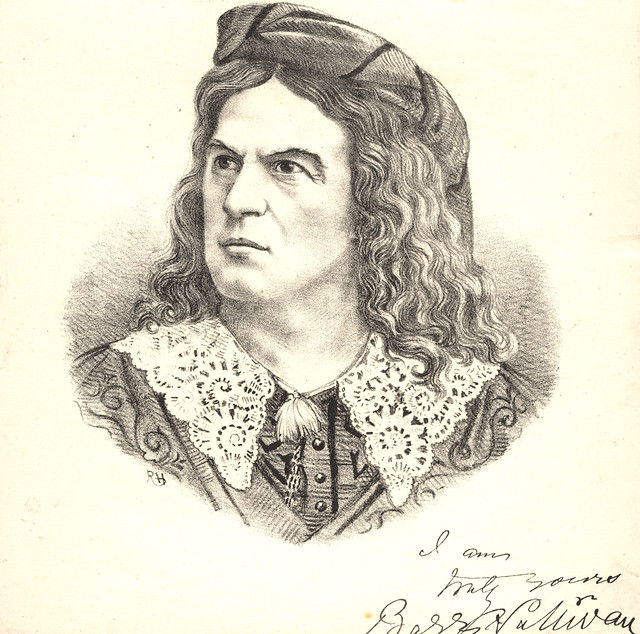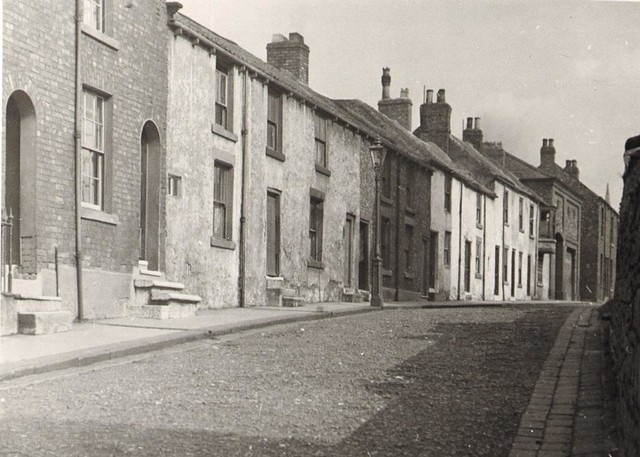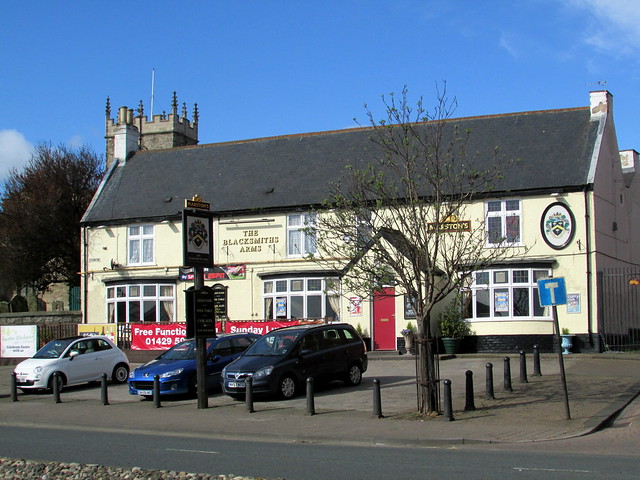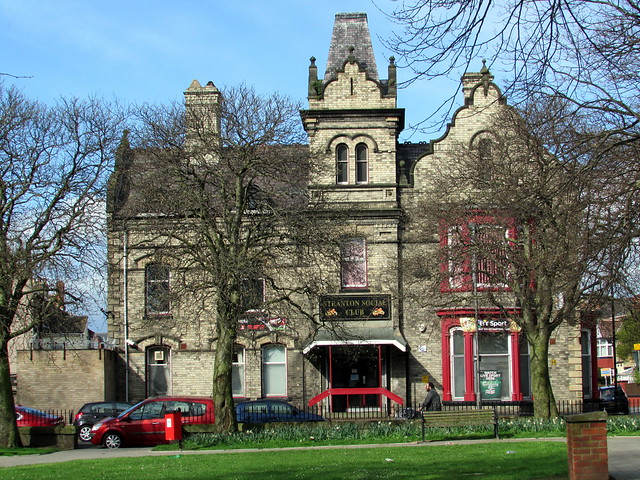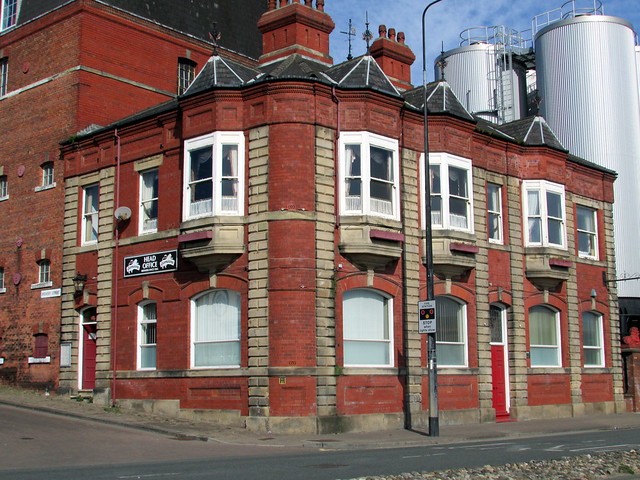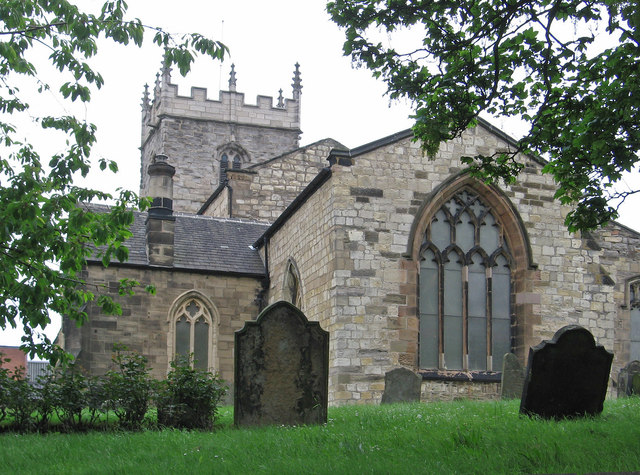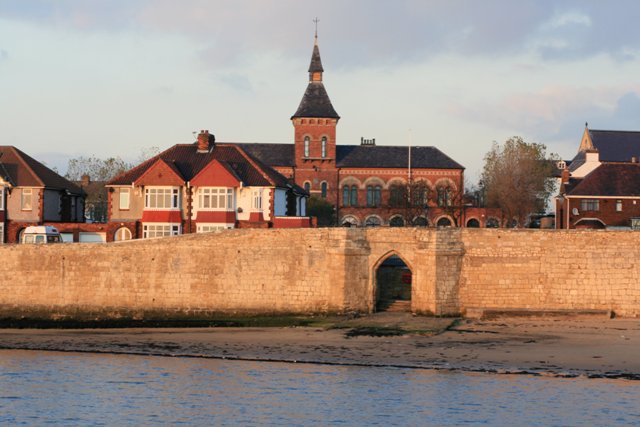The contribution of William, Lord Armstrong to science and education

-
Description
PhD thesis: Short, Alice Isabella (1989) The contribution of William, Lord Armstrong to science and education. Doctoral thesis, Durham University. Abstract "William George Armstrong (1310-1900) is best remembered as the lawyer turned engineer who revolutionised ordnance during the Crimean War. Nonetheless, 'his researches, his evidence before Royal Commissions and his presidential addresses, (including that to the British Association for the Advancement of Science), are as relevant today as they were last century. Indeed, it could be argued that whereas George and Robert Stephenson were, essentially, men of the Industrial Revolution, Armstrong’s theories are .still appropriate in the space age. Apart from his extensive research into hydraulics and electricity, which greatly advanced the frontiers of science, his contribution to education is considerably more than a mere footnote to his more spectacular achievements. At a time when the men of theory and the men of practice despised each other, Armstrong stood athwart the debate. Instead, he built an educational and industrial complex at Elswick where theory and practice went hand in hand and which became the blue-print for successive Royal Commissions. While others argued for technical education on continental lines, Armstrong upheld the Elswick example. His reluctant involvement in the proposed College of Physical Science in Newcastle upon Tyne is the subject of some debate in this study. Nonetheless, when he was finally convinced of its efficacy, his support was unequivocal. So much so that, after his death, the resultant edifice became Newcastle's abiding memorial to him. Two recent biographies have been used as works of general reference, but the main thesis rests on extensive use of original material. This includes Armstrong's speeches and writings; his evidence before Royal Commissions and the records of the Elswick forks' Mechanics' Institute and Schools. Hitherto, Armstrong's fame has rested on his weapons which destroyed human life. His greatest weapon - his contribution to science and education - which destroyed the 'laissez faire' attitudes of his contemporaries, has been largely ignored. In an endeavour to redress the balance, this study has been attempted." -
Owner
Durham University -
Source
Local (Co-Curate) -
License
What does this mean? Unknown license check permission to reuse
-
Further information
Link: http://etheses.dur.ac.uk/6556/
Resource type: Text/Website
Added by: Simon Cotterill
Last modified: 5 years ago
Viewed: 830 times
Picture Taken: Unknown -
Co-Curate tags


